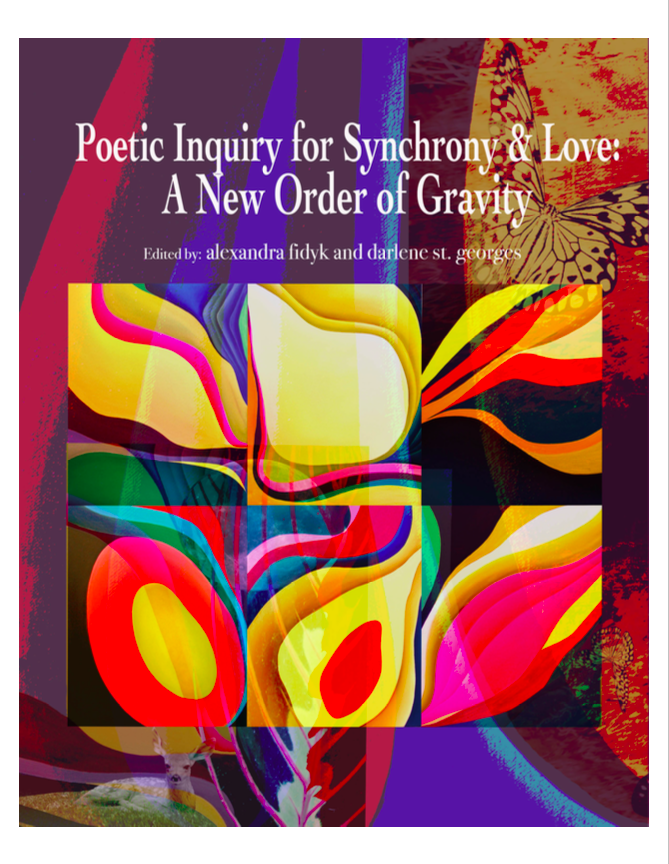Joy in the Dirt
Discovering Indenture's Wild Places
DOI:
https://doi.org/10.18432/ari29688Anahtar Kelimeler:
erasure- indenture- soil- women- joy- poetryÖzet
I was born in South Africa, as were my parents and grandparents. We have descended from people who had been brought to South Africa through indenture, a colonial labour system that introduced alien agricultural methods and an alien workforce from India, to optimise monocultures like sugarcane. My very presence here is, therefore, entangled with colonialism’s domestication and mastery over land, plant, and people (Indigenous and indentured). I have never felt alien here. Why was that? What about the indenture stories of people, land and plant, beyond empire’s mastery and control—my ancestral wild places? And was there room within these wild places to heal colonial wounds across our ethnic and racial barriers? What was lost? Could my PhD2 research transcripts address some of those losses? This paper contains poems that emerged from PhD research interviews, my fieldnotes, my father's memoirs, and letters from my ancestral archives. A poetic lens gave me a decolonial language to inspect the archives and transcripts with some of these questions in mind.
İndir
Yayınlanmış
Nasıl Atıf Yapılır
Sayı
Bölüm
Lisans
Telif Hakkı (c) 2022 Pralini Naidoo

Bu çalışma Creative Commons Attribution-NonCommercial-NoDerivatives 4.0 International License ile lisanslanmıştır.
Authors who publish with Art/Research International agree to the following terms:
a. Authors retain copyright and grant the journal right of first publication and the right to sublicense the Contribution, in the form in which it is published by the journal, to others under the terms and conditions of the of the Creative Commons Attribution-NonCommercial-NoDerivs (CC BY-NC-ND) that allows others to download the work and share the work with others with an acknowledgement of the work's authorship and initial publication in this journal, but they cannot change the work in any way or use any part of the work commercially.
b. Authors are able to enter into separate, additional contractual arrangements for the non-exclusive public distribution and display of the journal's published version of the work (e.g., post it to an institutional repository or publish it in a book), with an acknowledgement of its initial publication in this journal.
c. Authors are permitted and encouraged to post their work online (e.g., in institutional repositories or on their website) prior to and during the submission process, as it can lead to productive exchanges, as well as earlier and greater citation of published work (See The Effect of Open Access).
d. Authors wishing to include items (such as images or other media, or any creative works of others whether previously published or not) must contact the original copyright holder to obtain explicit permission to publish these items in Art/Research International. Writing permission should include: the title(s) of any copyrighted work, original place of publication if applicable, and an acknowledgement of having read Art/Research International's copyright notice. Authors are responsible for obtaining this permission and keeping it in their own records for later verification.



